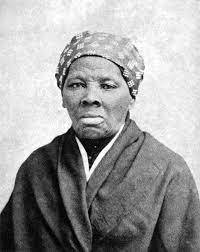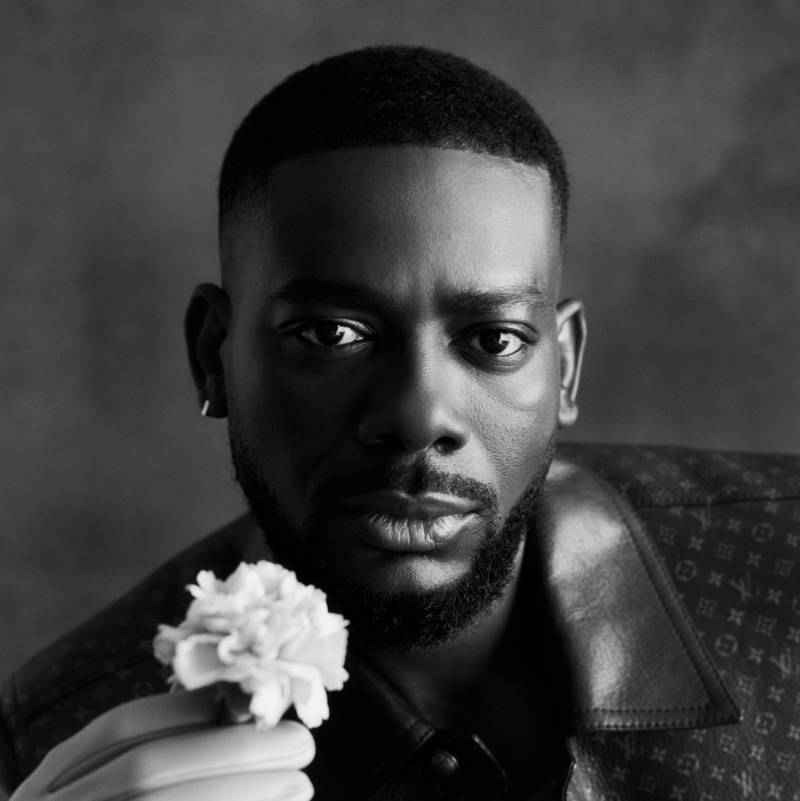Learning about Black people’s history is controversial in America because these stories aren’t always rosy. Perhaps that’s why we never read about Black veterans in school. See, from Black folks’ perspective, there has always been an unspoken ban on critically evaluating race in American classrooms, and the only thing changing now is some White people are trying to turn their book-burning ideology into law. So, before all the truth gets burnt to a crisp, let’s talk about a Black hero you should know more about — Harriet Tubman.
When most people think of Harriet Tubman, a former slave born Araminta Ross, they often reflect on her efforts as a conductor on the underground railroad. Along with abolitionists, Tubman helped liberate numerous Black people from chattel slavery. But, the roux thickens because Harriet Tubman also became a suffragist who fought not only for the abolition of slavery for Black people but also for America to grant all citizens full voting rights.
White men who founded this country initially deprived Black people of full citizenship. What’s good for the goose wasn’t always good for the gander, and these foundational injustices, have helped shape the racial landscape we see today. As Nikole Hannah Jones wrote, “our democracy’s founding ideals were false when they were written. Black Americans have fought to make them true.”
Tubman lectured government representatives hoping that “once the war was over, women and slaves alike would be granted the same rights as White men.” Well, we all know how that turned out. Black men got the right to vote with the passing of the 15th amendment, and White women got the right to vote with the passing of the 19th amendment, and many Black women had to wait and fight long after those bills passed into law to gain access to the ballot box.
The 19th Amendment Did Not Liberate Black women
While Harriet Tubman became an unapologetic abolitionist and suffragist, her contributions to America transcend even these valiant roles. Tubman fought in the Civil War on the side of the Union army. Yet, growing up in the South, I never heard about her contributions or read about her service in any textbook in school. After asking Black women and men in my life about their experiences, I discovered they also knew very little about Harriet Tubman, “the veteran.”
Did you know that Harriet Tubman “became the first woman in American history to lead a military assault?” Black women have played a significant role in America’s armed forces, even though it’s hardly acknowledged. During the Revolutionary War, some Black women even dressed as men and fought alongside American troops. But during the Civil War, Black women fought for their freedom, and that’s why Tubman’s military service was so refreshing. See, she wasn’t fighting because White people told her to, nor did she blindly follow orders. Instead, Tubman had an agenda, to use the war to advance Black people’s rights in America.
After three years of military service in the Union army, they only paid Tubman $200 for her troubles, “a fraction of what White male soldiers in similar roles received.” Although Tubman started as a nurse and worked as a cook, her role broadened as she became a key advisor to Col. James Montgomery. Her efforts led to “the successful Combahee Ferry Raid which freed more than 700 slaves in a chaotic scene,” in 1863. Union soldiers who accompanied Tubman set the plantation on fire, which forced Confederate soldiers to retreat.
Fact-checkers often bring up the fact that Harriet Tubman rescued less than 300 slaves using the underground railroad. The number was closer to 70. But sadly, critics rarely put this statement into context, emphasizing that Tubman rescued more Black people through military advancement than through the more strategic, slow-moving underground railroad. To think that Tubman only helped Black people or contributed to America in one way is to believe in a myth. Instead, folks have tried to whitewash her contributions in a blatant effort to take from her legacy without providing a comprehensive picture of what she actually accomplished.
We should acknowledge Harriet Tubman’s veteran service in the modern era because it really speaks to Nikole Hannah Jones’ point about Black people fighting to make America’s values true. Black veterans, who fought not only for their country but for the liberation of Black people during the Civil War, made an extraordinary contribution to America, and it’s past time we hear more about them.
If learning about Harriet Tubman’s experience as a veteran is controversial, then that only speaks to how far we have to go as a nation. If White children cannot feel comfortable learning about Black people’s history, they cannot learn about American history. Because, while traditionally left out, Black women like Harriet Tubman helped bring America closer to its founding principles.
SOURCE : Medium




